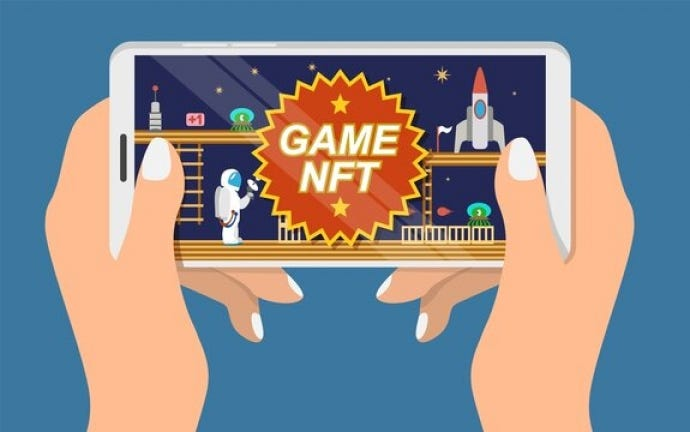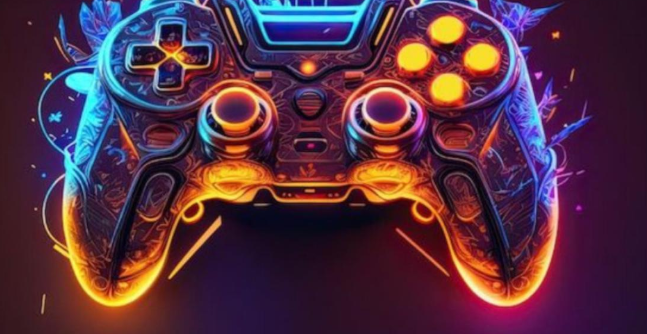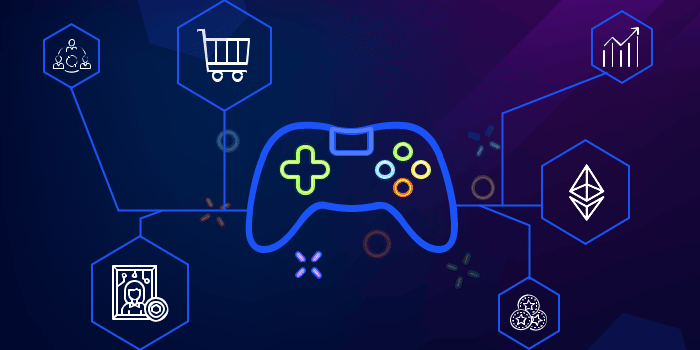In this article, I will delve into Are In-Game Items Becoming More Important Than Achievements, focusing on the evolution of the gaming world.
A plethora of digital collectibles, which includes flashy skins as well as exclusive gear, unlocks maskable achievements, and portrays a player’s stature.
In this article, we will analyze the reason as to why in this day and age, digital collectibles are on the rise as opposed to achievements.
Overview
In the fast-changing gaming sphere, the pursuit of digital collectibles is rapidly replacing the more conventional forms of achievements.
The coveted cosmetics and weapons branded as ‘skins’ in Fortnite, Call of Duty, and even Destiny 2 have become symbols of status and prestige.

Where achievements once demonstrated skill, time, and effort, in-game items now more often mark a player’s persona and standing in online communities.
Shift in Player Priorities
For a long time, gamers were evaluated based on completing certain benchmarks, such as getting to a certain level, defeating tough bosses, or scoring fully. These feats were a marker of some level of commitment. With multiplayer gaming and microtransactions, priorities have changed. These days, simply owning a coveted item or exclusive skin outdoes completing a game.
This can be attributed to the fact that there are certain milestones that can be achieved in a game. Unlike achievements and scores which are tucked away in menus, cosmetic items are used and displayed in the game. Other players can see them in real time which makes that particular player more distinguished in the community.
The Rise of Digital Economies
The rise of online gaming has led to the creation of entire economies centered around virtual goods.
Games such as Counter-Strike: Global Offensive and PUBG let users to trade, buy, and sell skins and weapons.

Certain rare items can fetch hundreds or thousands of dollars. The true monetary value bestows a weight to virtual goods that accomplishments can never surpass.
Table: Comparison – In-Game Items vs. Achievements
| Feature | In-Game Items | Achievements |
|---|---|---|
| Visibility | Highly visible to others | Often hidden in profile menus |
| Social Value | High (status symbols) | Moderate (depends on community) |
| Tradeable/Monetizable | Yes (in many games) | No |
| Impact on Gameplay | Sometimes (weapons, boosts, etc.) | None |
| Sense of Accomplishment | Variable (can be purchased) | High (based on skill or time investment) |
| Developer Focus | High (monetization, design) | Often secondary |
Are Achievements Losing Meaning?
Veteran players of video games argue that achievements have lost their value gamers worked hard to earn. Earning an achievement through trophies, automatised participation, or story-completion rewards makes it easier to earn badges.
This lowers their accomplishments. This is further complemented by tokens that are earned through events, limited-time offers, or loot boxes.
Furthermore, now a days, a lot of contest and their relevant achievement systems have are lackluster. This is due to developers diverting their attention to designing purchasable items instead of intricate, challenging items players will earn through gameplay.
The Psychology Behind It
Psychological triggers are exploited by in-game items:
Scarcity: The looming “fear of missing out” (FOMO) is activated by limited-edition or event-specific items, motivating users to obtain them before it is too late.
Status: Just like in the real world where people can buy designer clothes to boost their reputation, players can “enhance” their in-game status by equipping rare skins or mounts.
Ownership: Compared to achievements, collections invoke a greater degree of pride and identity, and for players, that pride is personal.
Not All Players Agree
Not everyone is in agreement about the new changes, and in fact, some long for the days of conventional achievement hunting that offered a deeper sense of achievement.
Communities such as True Achievements and Speedrun.com, not to mention the PlayStation and Xbox achievement platforms, over a long period of time have become synonymous with advanced gaming recognition.

For such players, gaining achievements overshadows mere aesthetics, outfits or in-game decorations.
Conclusions
The evolution of in-game accomplishments to in-game items showcases a larger cultural shift in the gaming world.
As games become more social and monetized, success in gaming has transformed to a more tangible form. For so many, the rare items hold far more value and recognition in comparison to the final boss in the current gaming economy.
The best games in the market today master the equilibrium of skill-based rewards and captivating in-game items, and while both systems offers value, items have morphed into the ultimate badge of honor in the industry.
FAQ
Do in-game items offer real-world value?
Yes, many can be traded or sold for real money, especially in games like CS:GO or PUBG.
Are achievements still relevant?
Yes, for players who value skill-based milestones and personal accomplishment, achievements still hold significance.
What drives the demand for in-game items?
Scarcity, social status, visual appeal, and monetization models like limited-time events or exclusive drops.








